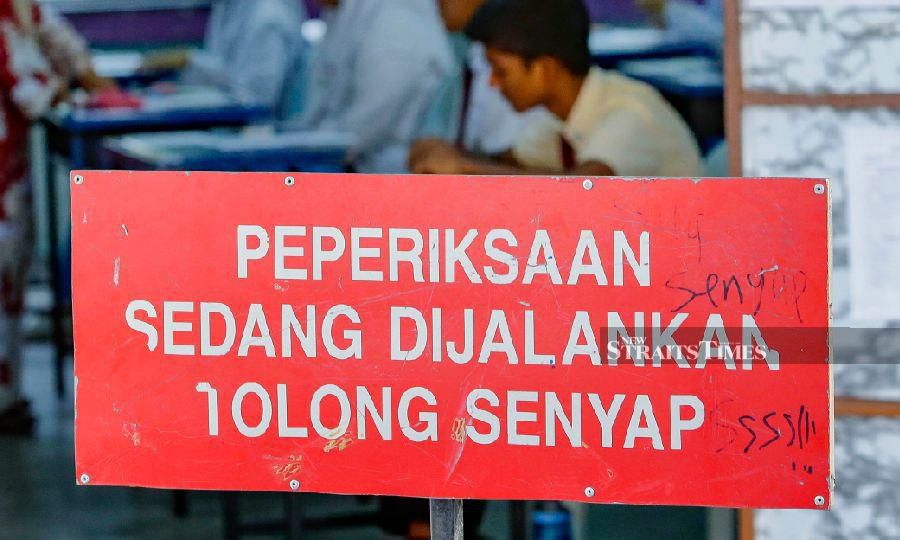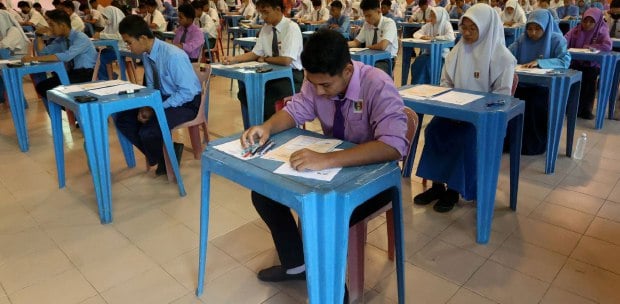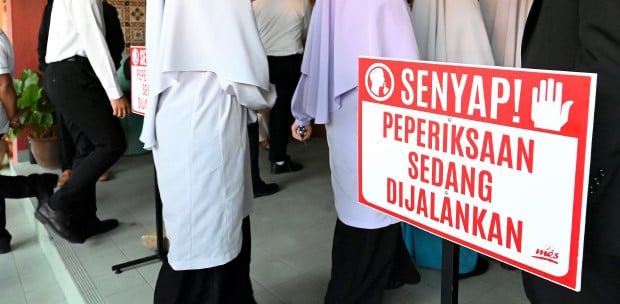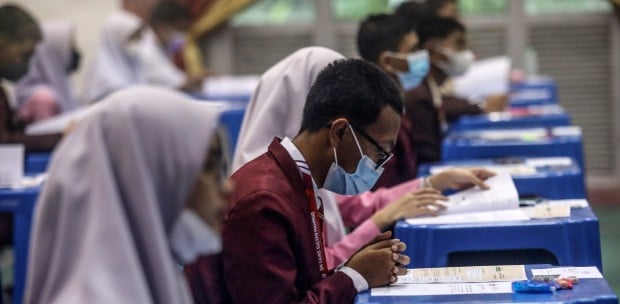LETTER: Recently, I was invited by the officer in charge of Moral Education at the Education, Culture, Sports, Science and Technology (MEXT), Japan, to write on the development of Moral Education (ME), a core subject studied by non-Muslim students as a core subject in government schools in Malaysia.
The last time I wrote about the development of ME was in 2010 in the international journal Asia Pacific Journal of Educators and Education. Since then, much improvement has been seen in the development of the subject.
Universiti Malaya pioneered in making ME a Minor Programme for students undergoing the TESL programme. Then, other local and private universities, too, started introducing ME as a major and minor programme.
The philosophy of ME is to educate people and equip them with knowledge, skills and values in moral reasoning, moral emotions and moral action. Only when the three domains are taught, practised and assessed can we proudly say that ME is progressing.
Sadly, in centralised assessment, this is not the case. I hope all Examination Syndicate and the Education Ministry officials pay attention to why I conclude that assessment in ME at the centralised level is regressing.
At the end of 1993, the first cohort of Form Five non-Muslim students sat their centralised examination, which comprised objective, subjective and essay questions. I was shocked to see multiple-choice questions for a subject that is supposed to focus on enhancing students' understanding of moral dilemmas.
It was absurd to focus on written ME and then show off to the world that we have a holistic curriculum that equally focuses on moral reasoning, moral emotions and moral action. You cannot test moral emotions and moral action by providing paper-and-pen examinations.
After much discussion and revision to the curriculum, the Sijil Pelajaran Malaysia assessment was divided into two papers, comprising the written component and ME Project. The ME Project provides an avenue for students to apply what is learnt in the classroom in real-life situations and it was a real hope for me and many other educators to see ME being dynamic and progressive.
Sadly, the ME Project was not taken into consideration in the final marks and grades in SPM, even though the students and teachers put in so much effort. Only a certificate of completion was provided for the two domains (emotional and moral action) that were assessed.
But as usual, those teachers who did not have an understanding of the ME philosophy just focused on the written work and the evidences of the ME projects, with some students even cheating to produce the evidences. What an irony in a humanity subject like ME.
It is also an insult to the philosophy of education, which focuses on the holistic growth and development of each individual who undergoes schooling life.
It makes me sad and angry because all local universities have SULAM@Service Learning Malaysia, where students participate in a structured service learning activity to achieve desired learning outcomes and is part of their grading.
The ME Project component would have sparked such a learning experience for students if, between 2000 and last year, ME projects had been conducted and recognised as part of the centralised SPM Moral Education assessment. Sadly, we are back to paper and pen. That is a total regression of the SPM ME centralised assessment.
DR VISHALACHE BALAKRISHNAN
Associate professor and director, Centre for Research in International and Comparative Education, and SULAM@Service Learning coordinator for Universiti Malaya
The views expressed in this article are the author's own and do not necessarily reflect those of the New Straits Times





